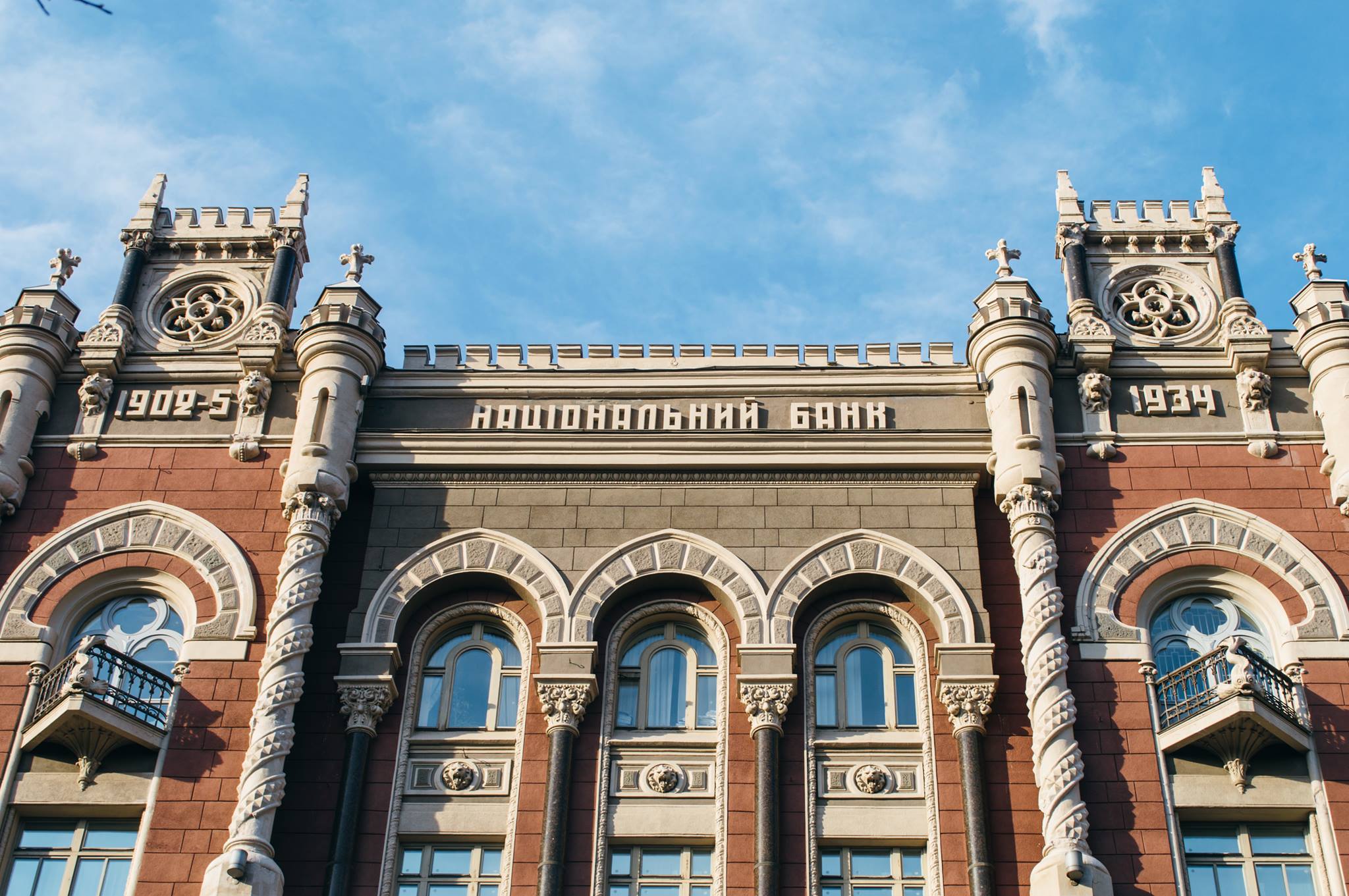The National Bank has eased currency restrictions: what will change for business on August 6
6 August 16:16
The National Bank of Ukraine has announced a new stage of currency liberalization, which provides for a number of easements for businesses, "Komersant Ukrainian" reports. Most of the innovations will come into force on August 6, and some – on August 7.
Transfer of dividends abroad
Companies are allowed to transfer dividends for 2023 within the total currency limit of up to EUR 1 million per month. This makes it possible to partially repatriate profits for activities from January 1, 2023.
Forward transactions to hedge currency risks
Businesses will be able to conduct forward foreign exchange transactions with banks:
- sale of foreign currency for hryvnia without delivery of the underlying asset
- purchase of foreign currency with delivery of the underlying asset to hedge risks when importing goods.
Return of erroneous transfers
Starting from August 7, it is now possible to return erroneously transferred funds in foreign currency from abroad. The application must be submitted within three business days after receiving the error notification.
Support for the jewelry market
Legal entities and individual entrepreneurs selling jewelry will be able to purchase precious metals for non-cash hryvnia, subject to certain conditions.
Liberalization of external loans
The rules for servicing external loans have been unified. Companies will be able to repay loans granted by a pool of foreign lenders, including not only international financial organizations, but also foreign banks with a rating of at least “A”.
Benefits for businesses supporting the Armed Forces of Ukraine
Companies that transfer funds to the NBU’s special account for the Armed Forces are allowed to conduct cross-border transactions in excess of the established limits, up to the equivalent of their contributions.
Context
This is another package of currency liberalization. The NBU started a gradual easing of currency controls in May 2025 to attract more investment and support the economy in times of war.









